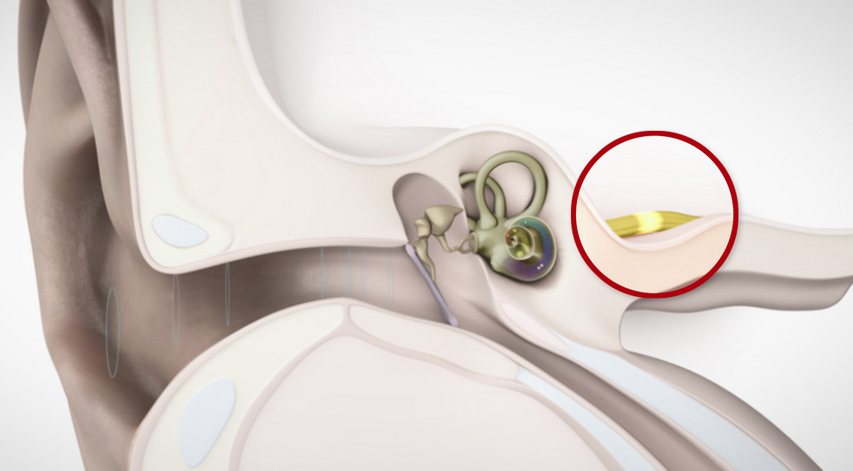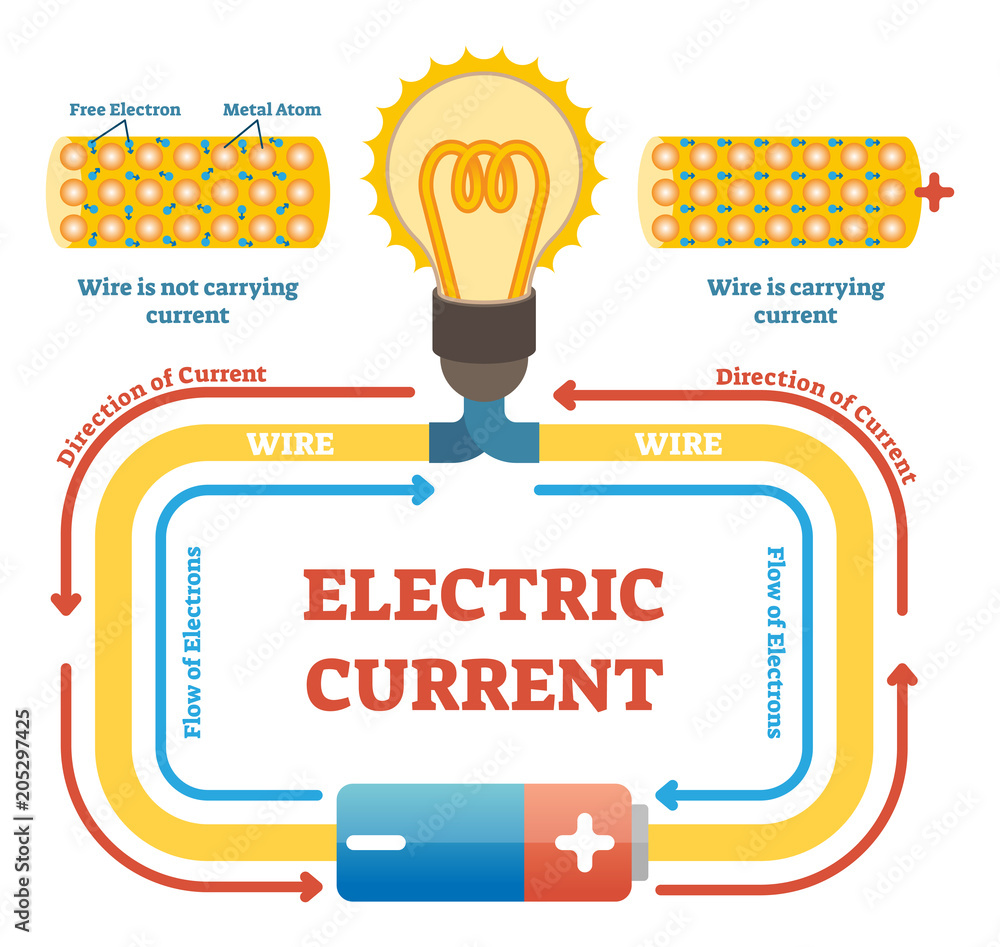Cochlear Implant Procedure: Restore Your Hearing

The inability to hear can be a debilitating experience, affecting not only communication but also the overall quality of life. Fortunately, advancements in medical technology have led to the development of cochlear implants, a revolutionary device that can restore hearing in individuals with severe to profound sensorineural hearing loss. In this comprehensive guide, we will delve into the cochlear implant procedure, its benefits, and what to expect during the journey to restored hearing.
Understanding Cochlear Implants
Cochlear implants are sophisticated medical devices designed to bypass damaged portions of the ear and directly stimulate the auditory nerve. This bypass allows sound signals to be transmitted directly to the brain, where they are interpreted as sound. The device consists of an external sound processor and an internal implant. The sound processor captures sound from the environment, converts it into electrical signals, and transmits these signals to the internal implant. The internal implant then stimulates the auditory nerve, allowing the brain to perceive sound.
The Cochlear Implant Procedure
The process of receiving a cochlear implant involves several stages, from initial evaluation to post-surgery rehabilitation. Here’s a step-by-step overview:
Evaluation and Candidacy: The journey begins with a thorough evaluation by an audiologist and an ear, nose, and throat (ENT) specialist to determine if a cochlear implant is the right solution. This involves a series of hearing tests to assess the degree of hearing loss and the condition of the auditory nerve.
Surgery: The cochlear implant surgery is typically performed under general anesthesia and takes about 2-3 hours. The surgeon makes an incision behind the ear, creates a recess in the bone to house the internal device, and carefully threads the electrode array into the cochlea. The external sound processor is not attached during surgery but is fitted a few weeks later.
Recovery: After surgery, patients usually spend a night in the hospital for observation. It’s common to experience some discomfort, dizziness, and numbness around the surgical site, but these symptoms are temporary and managed with medication.
Activation: About 2-4 weeks after surgery, the external sound processor is fitted and activated. This is an exciting moment as patients begin to perceive sounds for the first time with their implant.
Rehabilitation: Following activation, patients undergo intensive auditory rehabilitation. This involves working with a speech therapist and audiologist to learn how to interpret the new sounds and improve speech and communication skills. Rehabilitation is a critical component of the process and can last from several months to a couple of years.
Benefits of Cochlear Implants
Cochlear implants offer numerous benefits to those with severe hearing loss, including:
- Improved Hearing: The most obvious benefit is the ability to perceive sounds that were previously inaudible, significantly improving the quality of life.
- Enhanced Communication: With the ability to hear more clearly, individuals can engage more effectively in conversations and social interactions.
- Increased Safety: Being able to hear warning signals, such as a doorbell or a car horn, can greatly enhance personal safety.
- Broader Social Interactions: Improved hearing can lead to more confident participation in social activities and a reduction in feelings of isolation.
Future of Cochlear Implants
The technology behind cochlear implants is continually evolving, with advancements aimed at improving sound quality, reducing the size of the external processor, and expanding candidacy criteria. Research into new materials, electrode designs, and surgical techniques promises even better outcomes for future recipients.
Conclusion
The cochlear implant procedure is a life-altering intervention for individuals with severe to profound sensorineural hearing loss. While it requires a significant commitment to the process, from initial evaluation through rehabilitation, the potential rewards are immense. By understanding the procedure, its benefits, and the journey involved, those considering cochlear implants can make informed decisions about their hearing health and take the first steps toward a life with restored sound.
Frequently Asked Questions

How long does it take to recover from cochlear implant surgery?
+Recovery from cochlear implant surgery typically takes a few weeks. Patients can expect to return to their normal activities within 1-2 weeks, though full recovery and adjustment to the implant may take longer.
Can anyone with hearing loss get a cochlear implant?
+No, not everyone with hearing loss is a candidate for a cochlear implant. Candidacy is determined through a comprehensive evaluation process that assesses the degree and type of hearing loss, as well as the condition of the auditory nerve.
Are cochlear implants covered by insurance?
+Most health insurance plans cover cochlear implants, as they are considered a medical necessity for individuals with severe to profound sensorineural hearing loss. However, coverage specifics can vary by plan and provider.
By exploring the depths of cochlear implant technology and its potential to restore hearing, we can better understand the hope it brings to those who have experienced the challenges of significant hearing loss. As medical science continues to push the boundaries of what is possible, the future for individuals with hearing impairments looks increasingly promising.



